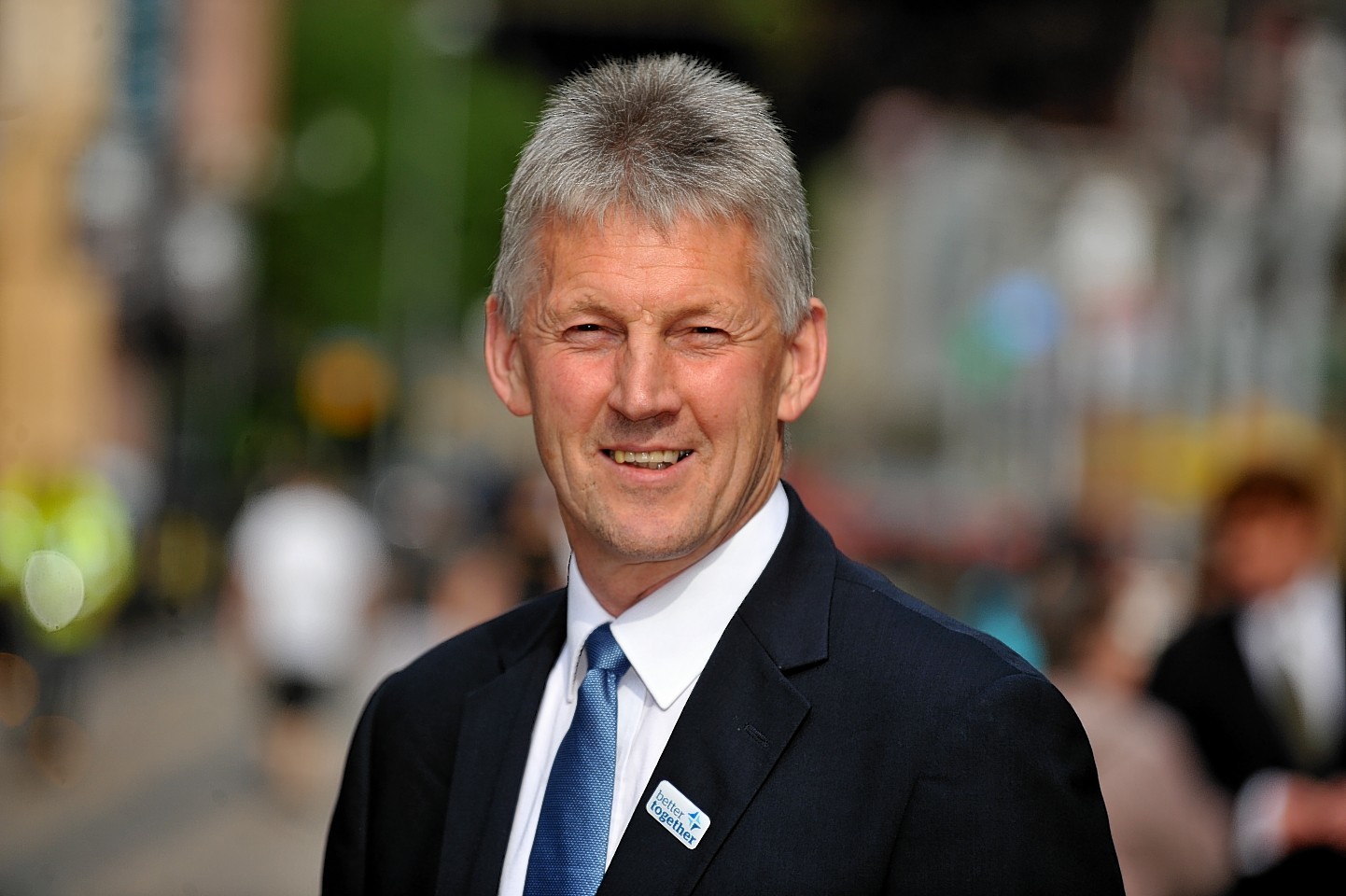Andrew McCornick and his NFU Scotland (NFUS) team deserve a big pat on the back for providing leadership on a new Scottish agricultural policy post-Brexit. Their Steps to Change document has, if nothing else, kicked off a real debate on the future of farm support in Scotland.
Indeed the Scottish Crofting Federation quickly weighed in claiming the NFUS proposals were a “treatise on the industrial agricultural model” and lacked understanding of crofting.
So no meeting of minds there.
NFUS says that, with only 12 months until we leave the EU, it had to step in and fill the political vacuum left by our politicians or else Scotland would be left behind. Policy adviser Jonnie Hall pointed out that Wales was ahead of us, Defra was already consulting on new policy for England and the Northern Irish are streets ahead with fully worked up proposals already on the table.
Here in Scotland, despite having our own parliament and a Scottish Government with thousands of civil servants, farmers have waited in vain for any sign of leadership or policy ideas. It begs the question, what is the point of devolution if our politicians refuse to engage on the most fundamental challenge facing Scottish farming since we joined the EU?
The NFUS proposals are quite radical as they collapse the current two pillar Common Agricultural Policy (Cap) model into a three-tier approach.
Tier one would deliver income support payments. Tier two would be environmental and productivity payments for all farmers and in tier three farmers would have to bid for extra payments for environment and productivity measures. They envisage that during the seven-year transition tier one income payments would reduce and tier two environment and productivity payments would increase.
As you would expect from a membership organisation their proposals are a bit of a wish list but the direction of travel is clear. Direct income support for farmers would be cut and farmers would have to earn support through the delivery of environmental services.
Given how unpopular current Cap greening measures are with farmers many will be questioning why the union is backing this approach?
The brutal truth of course is union leaders recognise in the post-Brexit world farmers will be competing head on with the NHS, education and policing for cash.
And arguing for income support payments which are in effect a separate welfare support system exclusively for farmers has not got a cat in hells chance of winning politicians’ support in the long term.
That is why the NFU is right to back the idea that farmers should get paid to tackle climate change, biodiversity and improving water quality in the future. That argument is far more likely to gain traction with politicians and the general public.
Right now, however, Brexit will be the last thing on farmers’ minds as they struggle to cope with one of the coldest, wettest and most expensive springs in recent memory.
Lambing outside at my brother’s farm on Bute we have struggled with waterlogged fields, little grass and ewes in poor condition.
The desperate conditions remind us that the actions of our politicians pale into insignificance in comparison with the power of Mother Nature to wreck havoc on farmers’ prosperity.
George Lyon is a former Liberal Democrat MEP. He works as a senior consultant for Hume Brophy and sits on the board of levy body organisation AHDB
